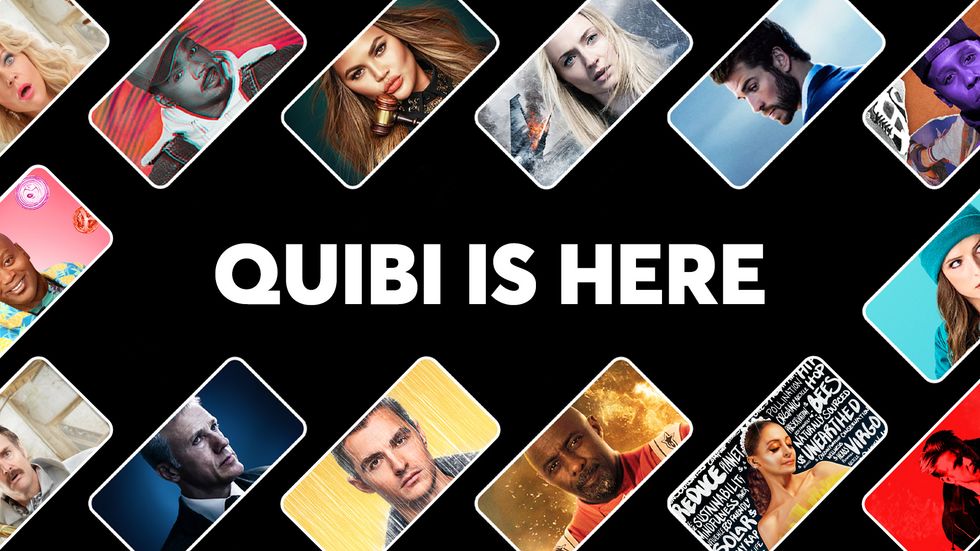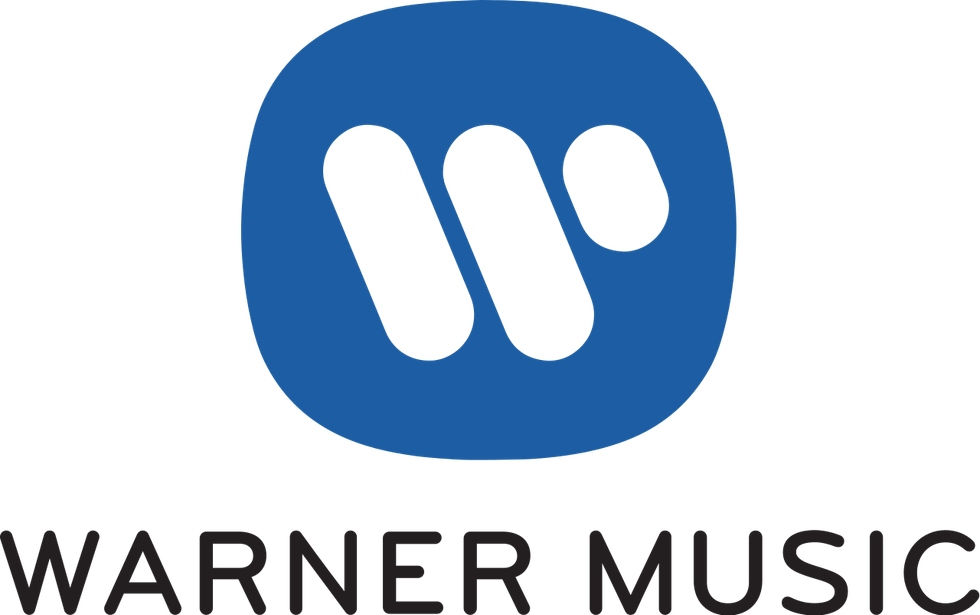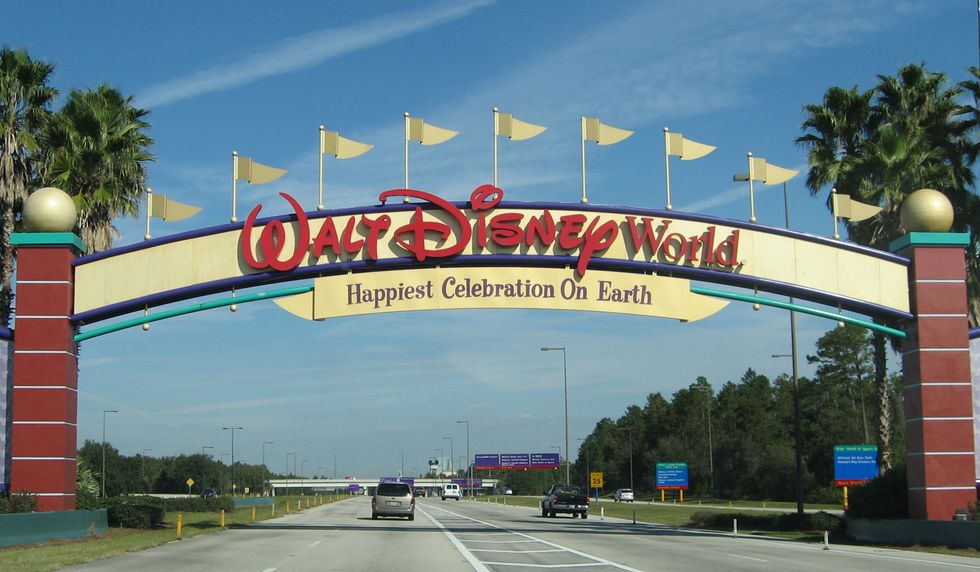WndrCo, the venture capital firm founded by former DreamWorks CEO Jeffrey Katzenberg, is looking to raise $450 million for its second fund, according to regulatory filings.
WndrCo co-founding partner and managing director Sujay Jaswa signed off on the fund, which has yet to secure any capital, in a Securities and Exchange Commission filing on April 20. The new fund follows Hollywood-based WndrCo’s $600 million first fund, which it raised in 2017.
In a statement to dot.LA, Jaswa said the venture firm's “focus is on cybersecurity, future of work, and consumer technology.” WndrCo recently participated in a $42 million Series B round for Silicon Valley cybersecurity firm Twingate, as well as New York-based food brand startup Popchew’s $3.6 million seed round in March.
Speaking on a panel at the Upfront Summit this March, Katzenberg noted that WndrCo is also a big believer in NFTs and blockchain technology. Among the firm's Web3-related investments include NFT exchange OpenSea, cryptocurrency exchange Gemini, sports-focused NFT exchange SportsIcon and OnChain Studios, which sells digital collectible toys as NFTs.
“I'm still waiting to see and to understand the values of some of the things around crypto—but NFTs, I’m all in,” Katzenberg said at the conference. “I think the media companies today are the next ones that are going to actually understand and get [to] dive in here and get real value out of [NFTs], and that's here in Los Angeles.”
Update, April 21: This article has been updated to include comment from WndrCo.




